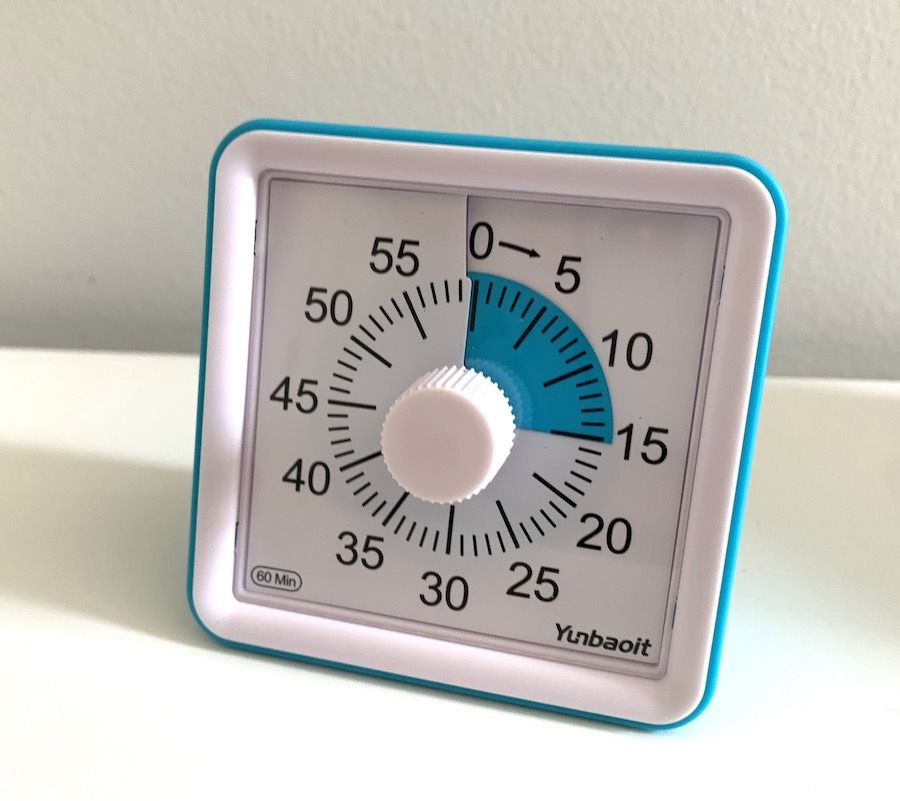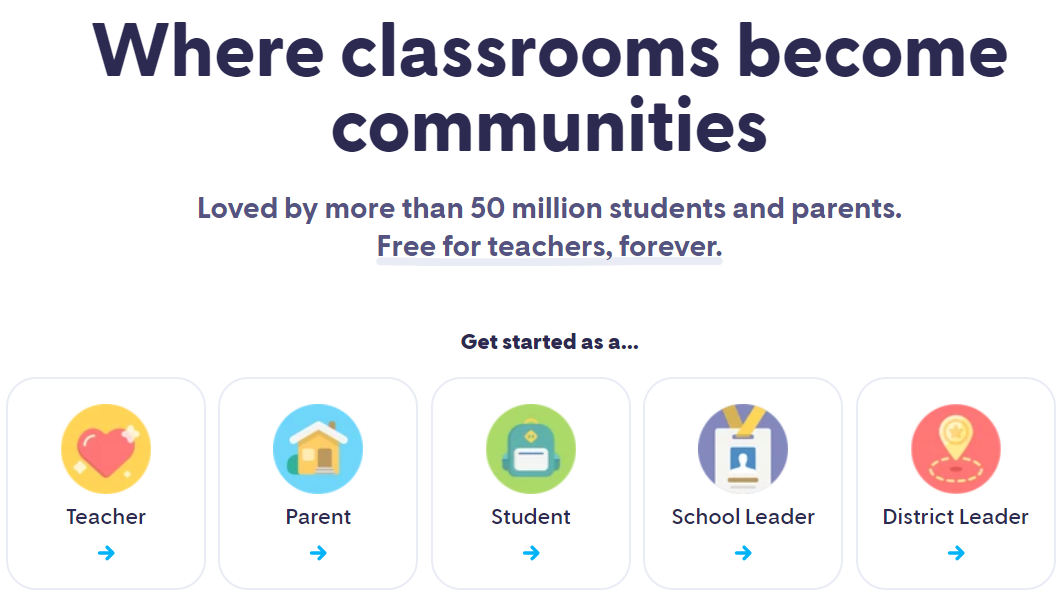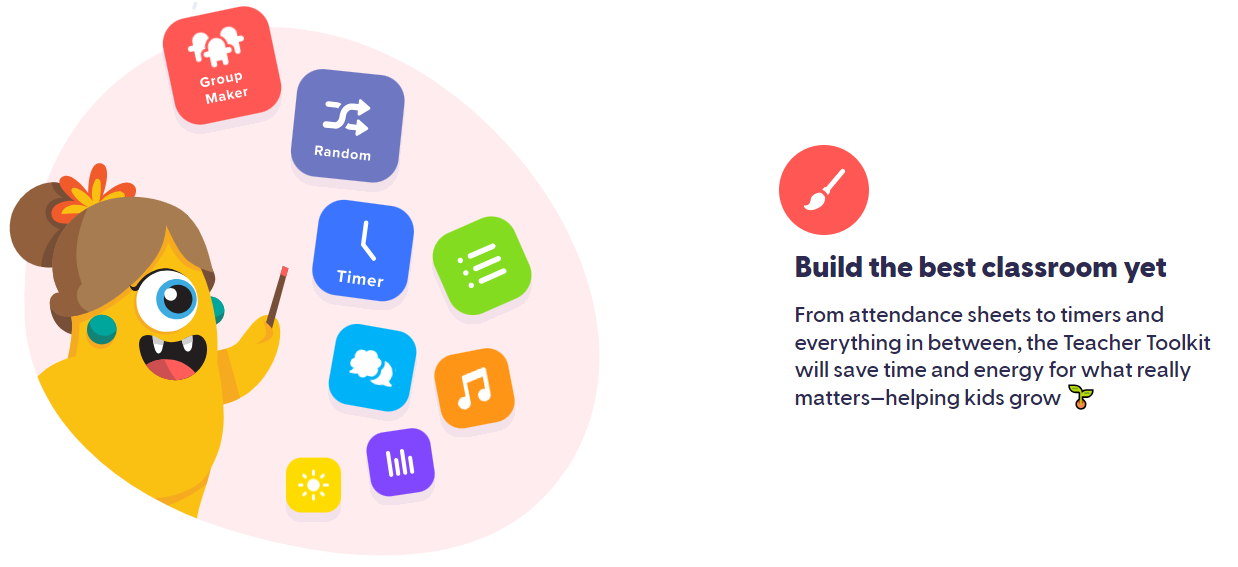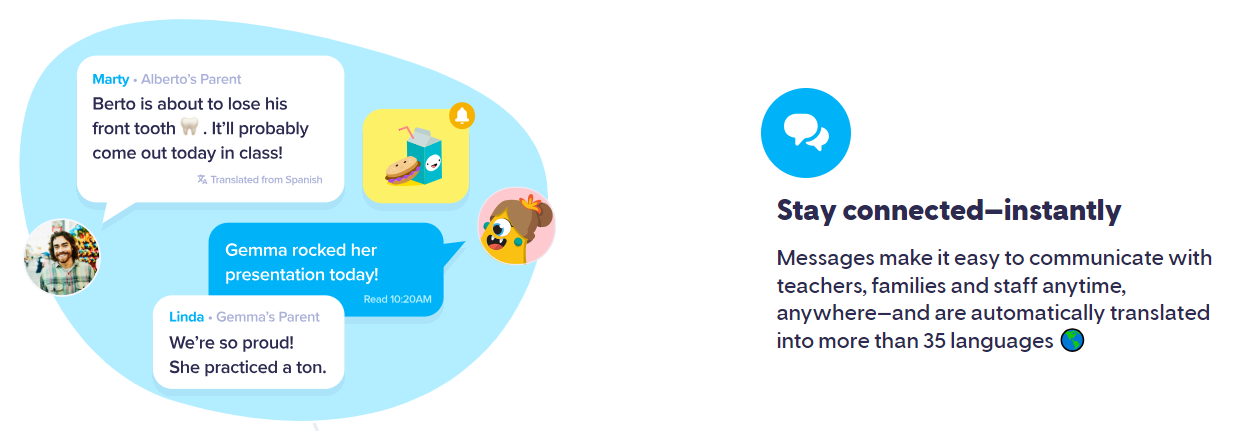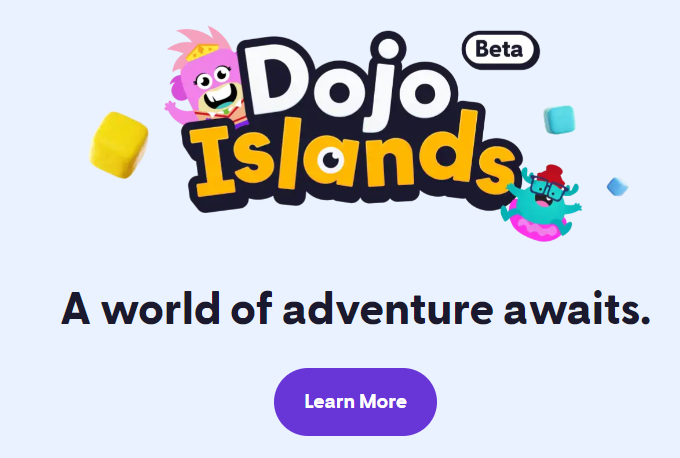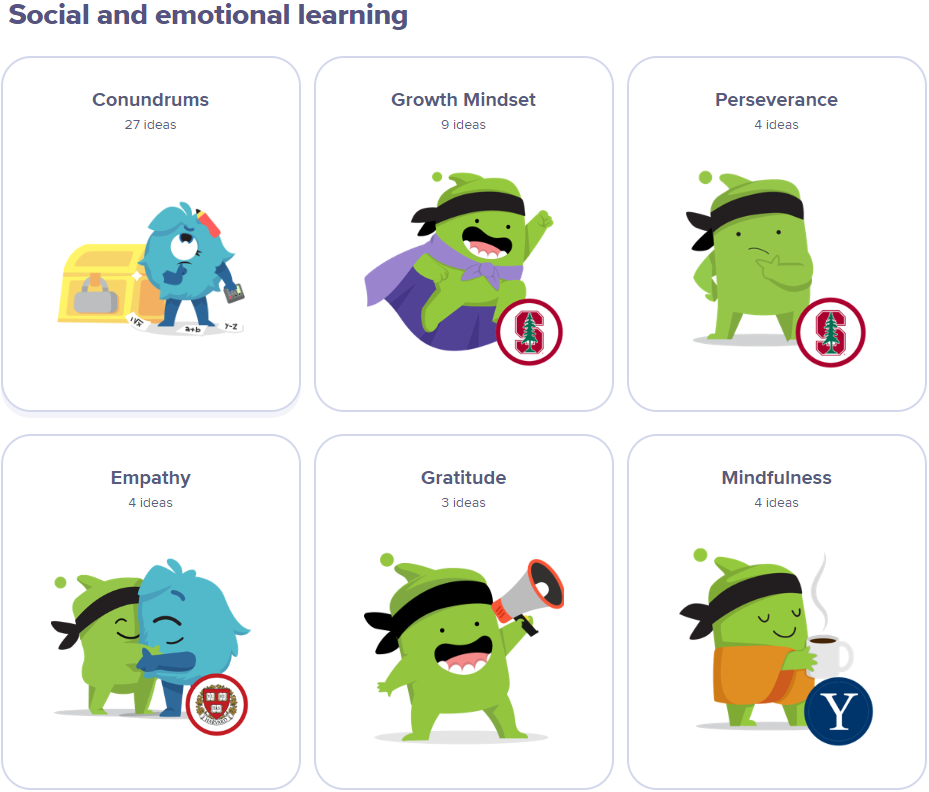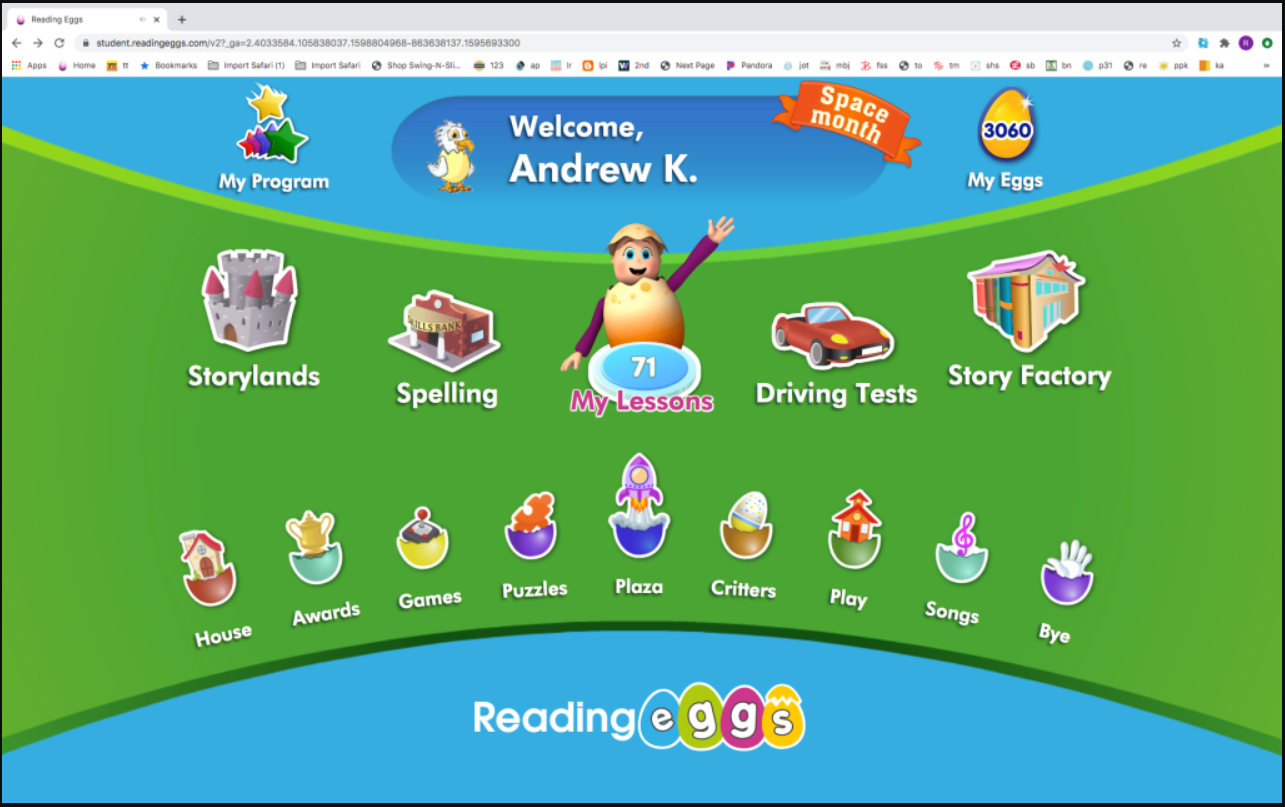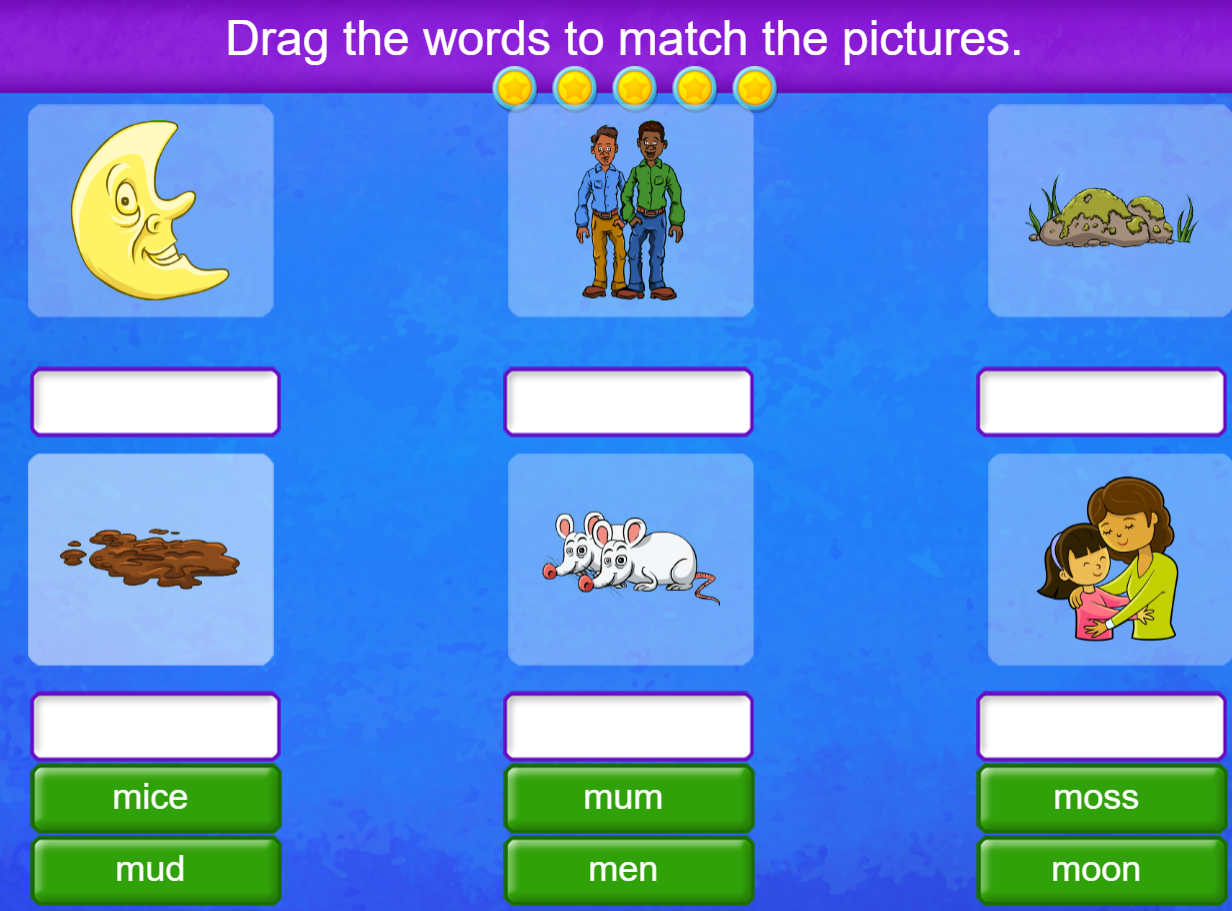Hello everyone,
As a preschool educator, I am excited to start a discussion on the use of digital didactic games in early childhood education. The integration of these games into our curriculum offers a unique opportunity to enhance learning experiences and engage young learners in new and exciting ways.
Why Digital Didactic Games?
Digital didactic games combine educational content with interactive and playful elements, making learning fun and engaging for children. These games can help develop various skills, including:
Cognitive Skills: Problem-solving, memory, and critical thinking.
Motor Skills: Hand-eye coordination and fine motor skills through interactive activities.
Social Skills: Cooperation and communication through multiplayer or group-based games.
My Experience:
In my classroom, I have noticed that digital games capture the children’s attention and keep them engaged for longer periods compared to traditional methods. For example, using a simple counting game on a tablet has significantly improved the numerical skills of my students. They are more motivated to learn and enjoy the process of discovering new concepts through play.
Challenges and Considerations
While the benefits are clear, there are challenges to consider:
Screen Time: Managing the amount of screen time to ensure it is beneficial and not excessive.
Content Appropriateness: Ensuring the games are age-appropriate and aligned with educational goals.
Teacher Training: Providing adequate training for educators to effectively integrate these games into their teaching strategies.
Discussion Points
I would love to hear your thoughts and experiences on this topic. Here are a few questions to get the discussion started:
Have you used digital didactic games in your classroom? If so, what has been your experience?
What specific games or applications do you recommend for preschool-aged children?
How do you balance screen time with other educational activities?
What strategies do you use to ensure that the digital content is appropriate and effective for your students?
Please share your insights, experiences, and any resources that have been particularly useful. Let’s work together to explore the potential of digital didactic games in preschool education and how we can best utilize them to enhance our teaching practices.
Looking forward to your contributions!
Best regards,
Marija Krstic Radojkovic
marijakrstic016@hotmail.com![alt text]
